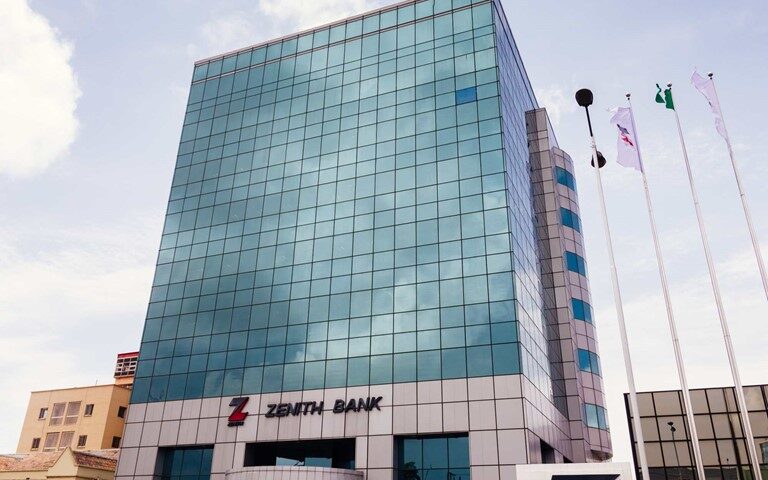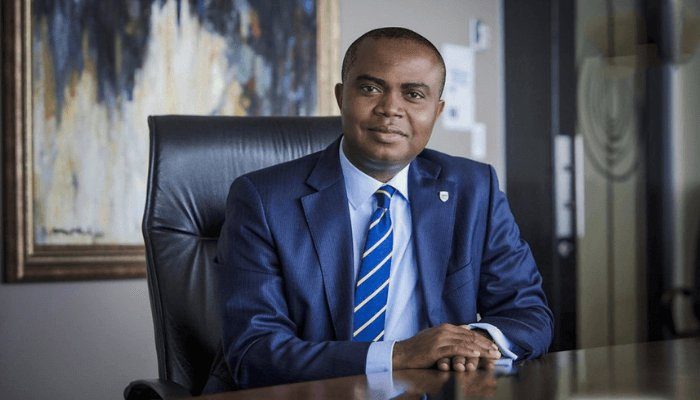Chinedu Eze
Stakeholders who are experts in aviation industry have explained how domestic airline operators could save so much money from dry leasing.
According to them, if Nigerian carriers migrate from wet leasing of aircraft to dry leasing, it will save them about N26. 6 billion ($17,853,48000) annually.
They are optimistic that domestic airlines will soon begin to experience remarkable turnaround in their domestic operations, since lessors have agreed to offer them aircraft on dry lease basis.
This development is coming after so many years that lessors unofficially blacklisted Nigerian airlines and only allowed them to lease aircraft on wet lease basis.
Domestic airline operators have been losing money because they pay more to have wet leased aircraft and they suspend their own crew to use the crew offered by the lessors, which has shrunk employment in the technical areas of the sector for years.
The Minister of Aviation and Aerospace Development, Festus Keyamo, enabled Nigerian airlines to access dry-lease aircraft by enacting a practice direction to the Cape Town Convention and signing the Irrevocable Deregistration and Export Request Authorization (IDERA) agreement, which removed judicial uncertainties and ensured lessors could repossess their assets from defaulting airlines without court interference.
Keyamo also provided personal guarantees, travelled to meet with aircraft manufacturers and lessors, and worked to address issues like the need for foreign currency and local insurance to restore confidence and make dry-lease more attractive.
The difference between dry lease and wet lease is that in wet lease, the lease period is usually short (one month to six months etc), the airline pays more because in wet lease the crew of the aircraft comes from the lessors; the same with the maintenance of the aircraft; but in dry lease, the lease period could last from two to more years and the airline uses its crew and also maintains the aircraft, dry lease gives the airline more responsibility and trust; hence the reluctance of lessors to lease aircraft on that basis, unless certain conditions were met.
Industry stakeholder and Senior Advisor, Aircraft Acquisition, Sales and Management, Superba Consulting, Nuhu Adam, in his analysis, said dry lease would lead to significant cost elimination.
“Dry lease will lead to industry transformation, which will strengthen Nigeria’s aviation ecosystem, positioning the nation as a formidable regional aviation hub and help airlines to save money and reinvest in the company. With the data available of wet leased aircraft in the country, the transition to dry leasing promises substantial financial benefits, redirecting funds from foreign expenditures towards local economic growth and airline sustainability with a saving of about N26,602,052,649.6This is exclusive of other cost savings from maintenance, training due to lack of business continuity plan and premium insurance rate,” he said.
With such savings, funds are redirected to local salaries, training programmes and possible establishment of maintenance, overhaul and repair (MRO) facility.
The savings also eases pressure on foreign exchange reserves and improves liquidity for Nigerian airlines because leasing is paid in dollars, which mounts pressure on the naira.
Dry leasing provides the potential for lower operating costs, which can translate to more competitive ticket pricing, benefiting consumers and the industry and it can also lead to on time performance, reduction in flight disruption and cancellation, as the airline would be using its own personnel abreast of the company’s tradition and standards.
Adam also observed that in wet leasing of aircraft, airline pays more with limited control of the crew leading to less flexibility, branding and service delivery.
“Historically, Nigerian airlines have faced significant hurdles in securing dry lease agreements. Lessors often perceive higher risks due to several factors, preferring the lower risk profile of wet leases despite the increased cost for operators. Addressing these concerns is paramount for a successful transition. There are concerns over payment reliability and a history of defaults has eroded lessor confidence. But that belongs to the past as the minister has opened a new chapter with Nigerian carriers in relation with lessors,” he said.
Adam explained that what the Minister of Aviation and Aerospace Development did by revamping the Practice Direction and signing the IDERA was morethan a policy consolidation and described it as catalyst for holistic growth within Nigeria’s aviation sector, promising far-reaching benefits beyond individual airlines.
Industry stakeholder, Strategic Advisor for UK based Obinali Enterprises and former Chief Operating Officer of Green Africa, Obi Mbanuzuo, told THISDAY that a dry lease as opposed to a wet lease is more beneficial for Nigerians in many ways.
“In a wet lease, the aircraft owner supplies the aircraft, crew, maintenance and the insurance which is why it’s also known as ACMI. In this case, there is almost no transfer of knowledge or involvement with local specialists. In a dry lease situation, while the asset still remains owned by the supplier, every other liability is with the airline itself. Therefore maintenance, insurance and continuing airworthiness is the responsibility of the airline/operator. As a result, our pilots, engineers and other staff gain experience and knowledge to operate the type of aircraft and therefore is a net benefit to the industry and country,” he said.
Managing Director of Flights and Logistics Solutions Limited, Mr. Amos Akpan, said the dry lease of aircraft remained the best of the available aircraft acquisition options for Nigerian airlines at this this stage of development.
“The capital for outright purchase is costly to get from the Nigerian financial system. When you get the finance from foreign financial institution you have to repay from earnings in local currency through the Nigerian financial system, where you queue for allocation of scarce foreign exchange. There are lots of charges loaded by Nigerian banks on the foreign funds you secured at very reasonable rate. Funding business operations in Nigeria is expensive.
“Maintenance repair and overhaul workshops have not developed to the stage where most aircraft parts are repaired and returned into service in a short time within. The owners of the aircraft will quickly get you overhauled and serviceable parts from workshops in their country to keep their aircraft serviceable because they earn their income only when their aircraft is flying. If you own the aircraft as a Nigerian, it takes a lot of process and time to take out the parts, send the parts to workshop abroad, source for Forex to pay for the repair, then the shipment and the return to service. It is not seamless and smooth, that is the reason aircraft stays longer than planned on ground when it is out for repairs,” Akpan explained.
He also noted that dry lease saves maintenance cost because most of the stages of the maintenance programme will be carried out by the aircraft operator in Nigeria except the stage where the facilities are not available in Nigeria, then it will be taken abroad.
“With dry lease, the Nigerian operator only pays for aircraft. This implies the Nigerian operator must develop and demonstrate capacity for maintenance, for crew, for insurance, and for safe operations of that aircraft. Therefore, technical crew, engineers, and operations support personnel must be recruited, trained, certified, licensed to comply with regulatory required standards. This means dry lease encourages job placements for Nigerians by Nigerian airlines,” Akpan further said.
He remarked that skilled jobs are required to operate aircraft which must be done by the airline; so, dry lease creates more jobs for Nigerians and the domestic operators employ the locals to man the aircraft.
“Skilled jobs are required to operate aircraft which must be done by dry lease operators. On the contrary, wet lease comes with foreign registered aircraft, foreign crew and foreign maintenance. Wet lease does not give room for Akpan added.
With dry lease extended to Nigerian airlines by lessors, the domestic operators will become more competitive, as they would not be spending so much money on aircraft acquisition. By the end of next year, when the MRO being built at Lagos airport is completed, Nigerian carriers will not be ferrying their aircraft overseas for major checks. That will be another huge foreign exchange savings for the airlines and Nigeria.


